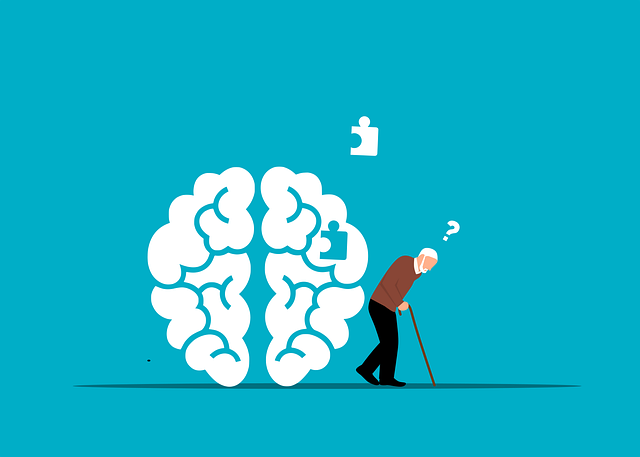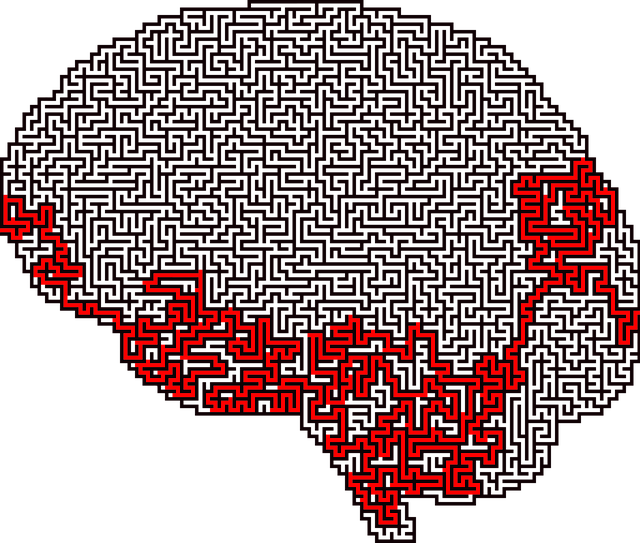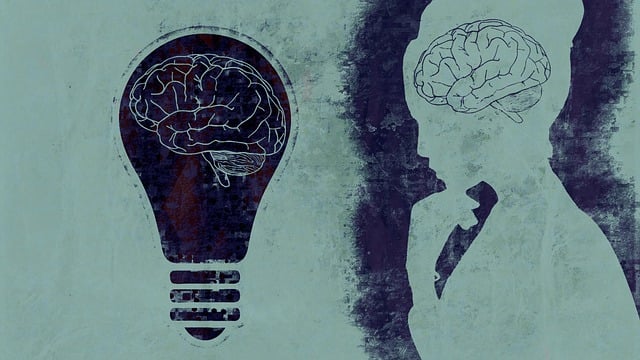In a world facing widespread stress and mental health issues, accessible support is vital. Golden Mindfulness Therapy (GMT) offers a promising solution, combining evidence-based stress reduction techniques with ancient mindfulness practices, adapted to diverse cultural backgrounds. GMT fosters emotional healing, self-awareness, and open communication through coaching, mindfulness meditation, and group discussions. Structured coaching plans, tailored to individual needs, include clear goals for stress reduction and improved mental wellness. Daily mindfulness practice between sessions reinforces positive changes in mood and overall well-being, creating a safe, inclusive environment that enhances resilience and builds supportive communities.
In today’s fast-paced world, mental wellness is more crucial than ever. This article explores the development of Mental Wellness Coaching Programs, with a focus on Golden Mindfulness Therapy as a game-changer in enhancing well-being. We delve into understanding the growing need for such programs and outline key components that make Golden Mindfulness Therapy effective. Additionally, we provide strategies for successful implementation, highlighting how these coaching programs can significantly impact individuals’ lives.
- Understanding the Need for Mental Wellness Coaching Programs
- Designing Golden Mindfulness Therapy: Key Components and Techniques
- Implementation and Impact: Strategies for Effective Delivery of Mental Wellness Coaching Programs
Understanding the Need for Mental Wellness Coaching Programs

In today’s fast-paced and often stressful world, prioritizing mental wellness has become more crucial than ever. The rise in mental health challenges among individuals across various demographics highlights a pressing need for accessible support systems. Mental wellness coaching programs step into this gap by offering tailored guidance and strategies to enhance emotional resilience, foster positive thinking, and promote overall well-being. These programs recognize that mental health is not merely the absence of illness but a dynamic process involving ongoing care and cultivation.
Golden Mindfulness Therapy, for instance, is a promising approach that integrates mindfulness practices with coaching techniques. By focusing on Emotional Healing Processes, this therapy empowers individuals to develop effective coping mechanisms and self-awareness skills. Furthermore, Mental Wellness Journaling Exercise Guidance can serve as a valuable tool within these programs, enabling participants to track their progress, identify patterns, and gain deeper insights into their emotional states. Additionally, Communication Strategies play a pivotal role in coaching, helping clients express themselves openly, build supportive networks, and navigate interpersonal relationships with enhanced clarity and confidence.
Designing Golden Mindfulness Therapy: Key Components and Techniques

Designing Golden Mindfulness Therapy involves incorporating key components and techniques that cater to both individual and collective mental wellness. This therapeutic approach aims to cultivate a deeper sense of calm, resilience, and cultural sensitivity in participants. A foundational element is integrating evidence-based stress reduction methods tailored to diverse backgrounds, ensuring Cultural Competency Training for healthcare providers. By merging ancient mindfulness practices with contemporary psychological theories, Golden Mindfulness Therapy creates a safe space where individuals can explore their thoughts and emotions without judgment.
The program emphasizes the interconnection between mental health, cultural identity, and overall well-being. It incorporates culturally sensitive techniques to address unique challenges faced by diverse communities, fostering an inclusive environment. Through interactive exercises, mindfulness meditation, and group discussions, participants learn practical tools for managing stress, improving focus, and cultivating a positive mindset. This holistic approach not only enhances individual resilience but also encourages a sense of community, where support and understanding are fostered through shared experiences.
Implementation and Impact: Strategies for Effective Delivery of Mental Wellness Coaching Programs

Implementing mental wellness coaching programs requires a strategic approach to ensure their effective delivery and maximum impact on participants’ lives. One key strategy is integrating Golden Mindfulness Therapy techniques, which have proven successful in promoting mental well-being. This involves teaching individuals how to cultivate present-moment awareness through mindfulness meditation, a practice that fosters better emotional regulation and stress management skills. By incorporating regular sessions focused on mindfulness and mood management, coaches can help clients develop resilient coping mechanisms.
Additionally, creating structured coaching plans tailored to individual needs is essential. These plans should include clear goals for stress reduction, enhanced focus, and improved overall mental wellness. Regular check-ins allow coaches to monitor progress, offer support, and adapt strategies as needed. Encouraging participants to incorporate mindfulness meditation into their daily routines enables them to actively manage their mental health between coaching sessions, ultimately reinforcing positive changes in mood and stress levels.
Mental wellness coaching programs, such as Golden Mindfulness Therapy, are crucial in addressing the growing need for accessible mental health support. By incorporating evidence-based techniques and tailoring them to individual needs, these programs can significantly enhance overall well-being. The effective implementation strategies outlined in this article provide a roadmap for professionals aiming to integrate mental wellness coaching into various settings, ensuring that more individuals have access to the transformative power of Golden Mindfulness Therapy.














